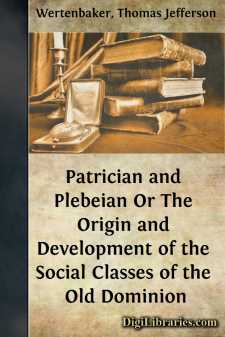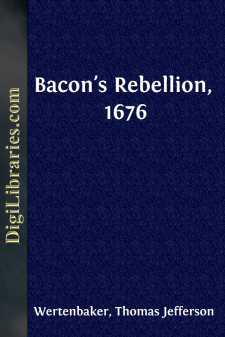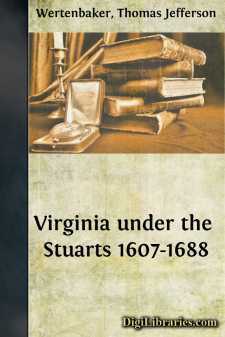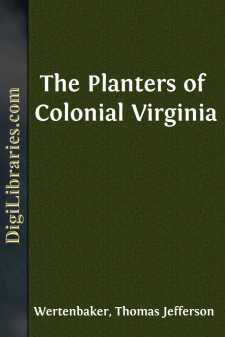Categories
- Antiques & Collectibles 13
- Architecture 36
- Art 48
- Bibles 22
- Biography & Autobiography 813
- Body, Mind & Spirit 142
- Business & Economics 28
- Children's Books 15
- Children's Fiction 12
- Computers 4
- Cooking 94
- Crafts & Hobbies 4
- Drama 346
- Education 46
- Family & Relationships 57
- Fiction 11828
- Games 19
- Gardening 17
- Health & Fitness 34
- History 1377
- House & Home 1
- Humor 147
- Juvenile Fiction 1873
- Juvenile Nonfiction 202
- Language Arts & Disciplines 88
- Law 16
- Literary Collections 686
- Literary Criticism 179
- Mathematics 13
- Medical 41
- Music 40
- Nature 179
- Non-Classifiable 1768
- Performing Arts 7
- Periodicals 1453
- Philosophy 64
- Photography 2
- Poetry 896
- Political Science 203
- Psychology 42
- Reference 154
- Religion 513
- Science 126
- Self-Help 84
- Social Science 81
- Sports & Recreation 34
- Study Aids 3
- Technology & Engineering 59
- Transportation 23
- Travel 463
- True Crime 29
Patrician and Plebeian Or The Origin and Development of the Social Classes of the Old Dominion
Categories:
Description:
Excerpt
PREFACE
Forty-seven years have passed since this volume was first published; in that time a mass of source material has been made available to the historian and numerous books on early Virginia history have been published. But I believe that its main theses have not been shaken. The old belief that the Virginia aristocracy had its origin in a migration of Cavaliers after the defeat of the royalists in the British Civil War has been relegated to the sphere of myths. It is widely recognized that the leading Virginia families—the Carters, the Ludwells, the Burwells, the Custises, the Lees, the Washingtons—were shaped chiefly by conditions within the colony and by renewed contact with Great Britain.
That the Virginia aristocracy was not part of the English aristocracy transplanted in the colony is supported by contemporaneous evidence. When Nathaniel Bacon, the rebel, the son of an English squire, expressed surprise when Governor Berkeley appointed him to the Council of State, Sir William replied: "When I had the first knowledge of you I intended you and do now again all the services that are in my power to serve, for gentlemen of your quality come very rarely into the country, and therefore when they do come were used by me with all respect."
Bacon was equally frank. "Consider ... the nature and quality of the men in power ... as to their education, extraction, and learning, as to their reputation for honor and honesty, see and consider whether here, as in England, you can perceive men advanced for their noble qualifications...."
Governor Francis Nicholson ridiculed the pretensions of the leading planters to distinguished lineage. "This generation know too well from whence they come," he wrote in a letter to the Lords of Trade, in March 1703, "and the ordinary sort of planters that have land of their own, though not much, look upon themselves to be as good as the best of them, for he knows, at least has heard, from whence these mighty Dons derive their originals ... and that he or his ancestors were their equals if not superiors."
On the other side of the Potomac Henry Callister was frank in refuting the similar claims of wealthy Marylanders. "Some of the proudest families here vaunt themselves of a pedigree, at the same time they know not their grandfather's name. I never knew a good honest Marylander that was not got by a merchant."
That many prominent families in Virginia also were founded by merchants is attested by the fact that they continued to be traders after they came to the colony. "In every river here are from ten to thirty men who by trade and industry have gotten very competent estates," wrote Colonel Robert Quary in 1763. "These gentlemen take care to supply the poorer sort with provisions, goods, and necessities, and are sure to keep them always in debt, and so dependent on them. Out of this number are chosen her Majesty's Council, the Assembly, the justices, and other officers of the government."
Hartwell, Blair, and Chilton, in their The Present State of Virginia and the College, written in 1697, divide the people into three classes—planters, tradesmen, and merchants....






